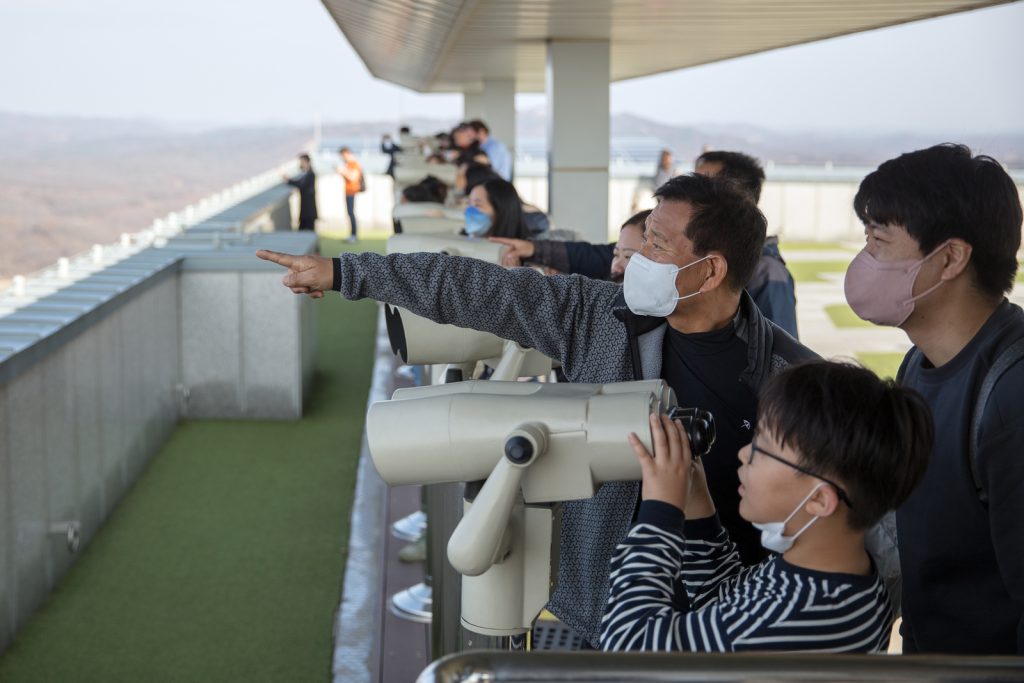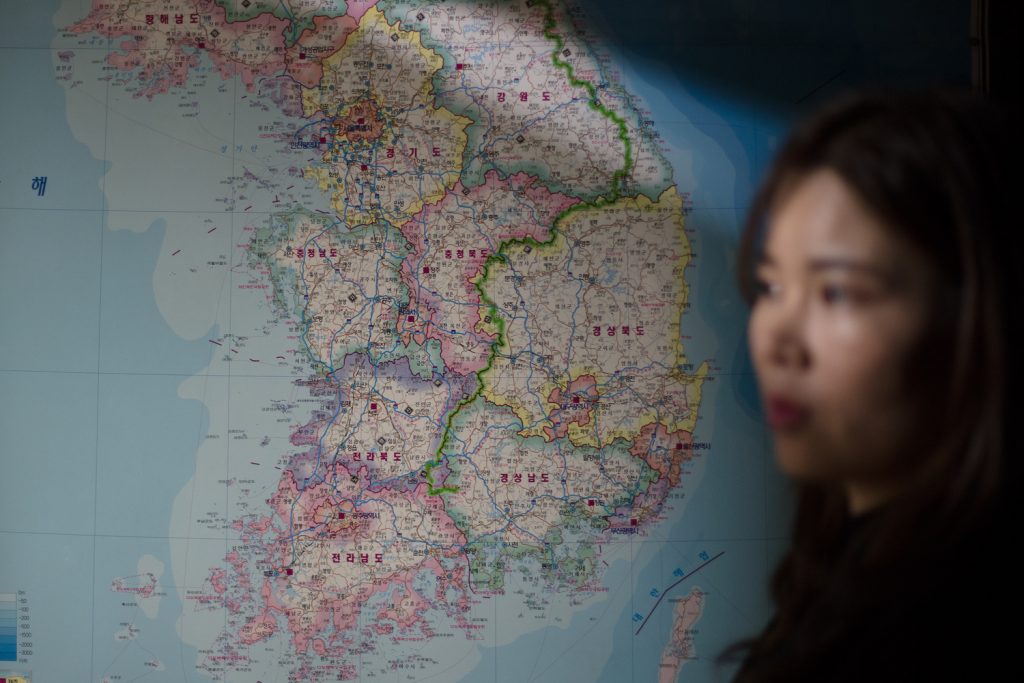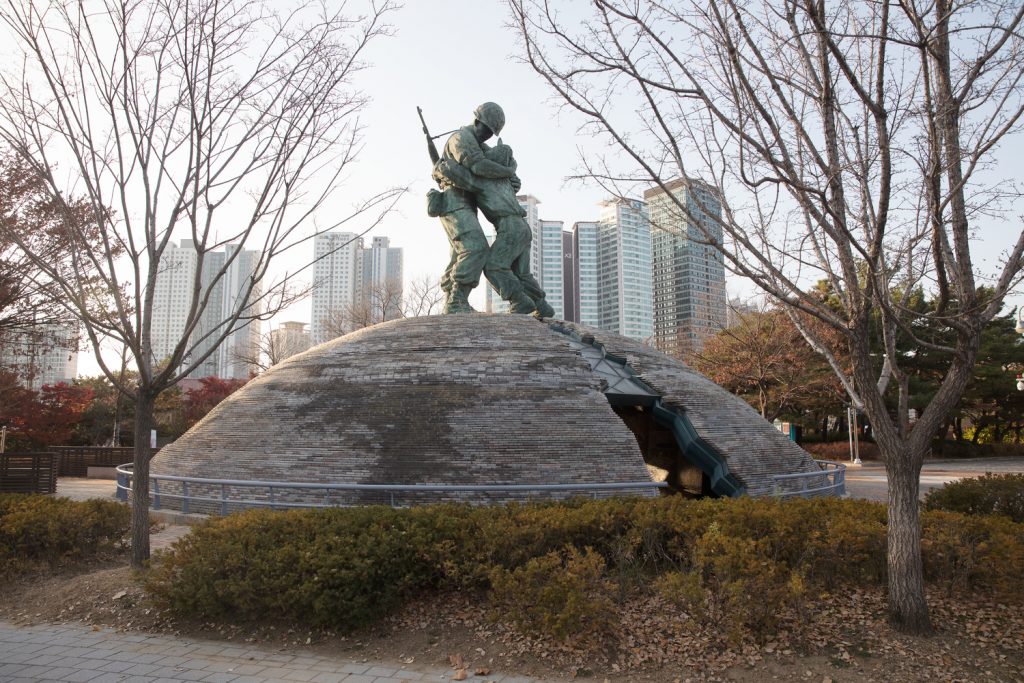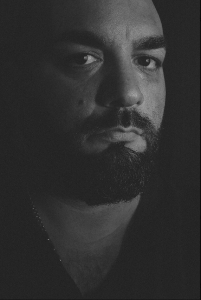This year marks the 70th anniversary of the end of the Korean War. South Korea and North Korea are actually still at war because, after the signing of the Panmunjeom armistice on July 27, 1953, a peace treaty never followed. North Korea is officially a socialist state, where elections formally take place. In reality it is a totalitarian dictatorship based on the cult of the Kim dynasty. The country has the most hermetic regime in the world, where propaganda brainwash citizens in an attempt to indoctrinate them and distance them from facts. Without the internet and with the government-controlled mass media through a system that insists telling that North Korea is the best of all possible worlds, it is difficult for the population to imagine an alternative. South Korea and North Korea share, along the 38th parallel, a border that is 250 kilometers long: the so-called DMZ, a demilitarized zone that acts as a buffer area, however on its sides is one of the most militarized zones in the world. This makes crossing the border very dangerous and, as a consequence, difficult for North Koreans who decide to flee. Since the 1990s, in North Korea, there has been a black market (Jangmadang) which is fundamental for the survival of the population (and therefore tolerated by the regime), which includes the illegal importation of goods from abroad. This allows the North Koreans involved to use foreign products and see a different and prosperous reality. This market, being less supervised than the official job positions generally occupied by men, is often the prerogative of women who find themselves having more opportunities to escape the controls and attempt to flee the country. Since 1999, an always higher number of more North Koreans have managed to flee the country. As of 2020, a number of 33,752 North Koreans have arrived in South Korea, and about 70% of them were female.
In recent years, due to the pandemic, which has also affected North Korea despite the authorities tending to deny it, border control has become stricter and this crime can carry the death penalty. North Koreans who flee the country are called defectors. The same definition is used in the South, although it is not correct, as North Koreans very often do not seek refuge due to political dissent but due to extreme poverty.
Photo copyright: © Filippo Venturi for PSCORE.




